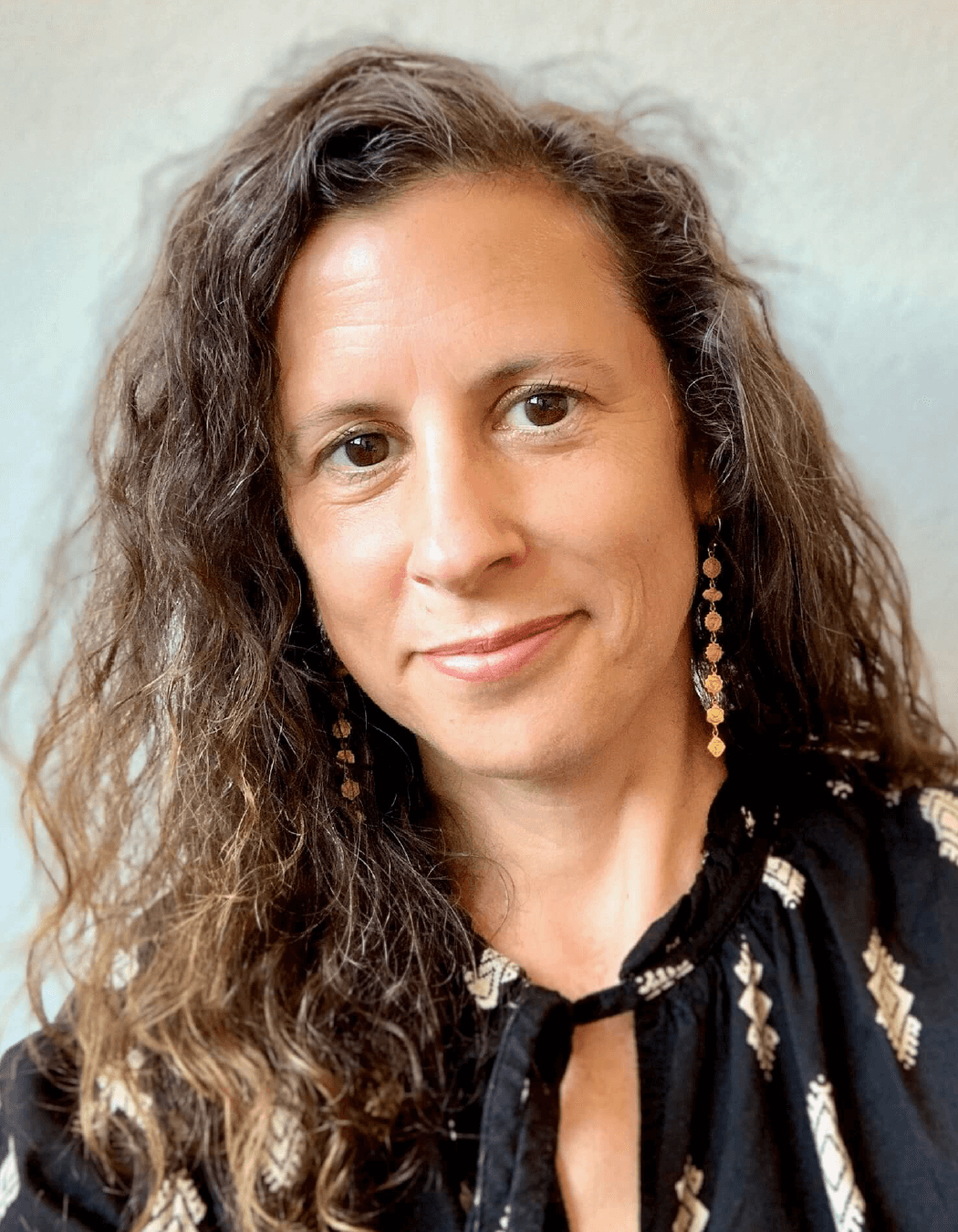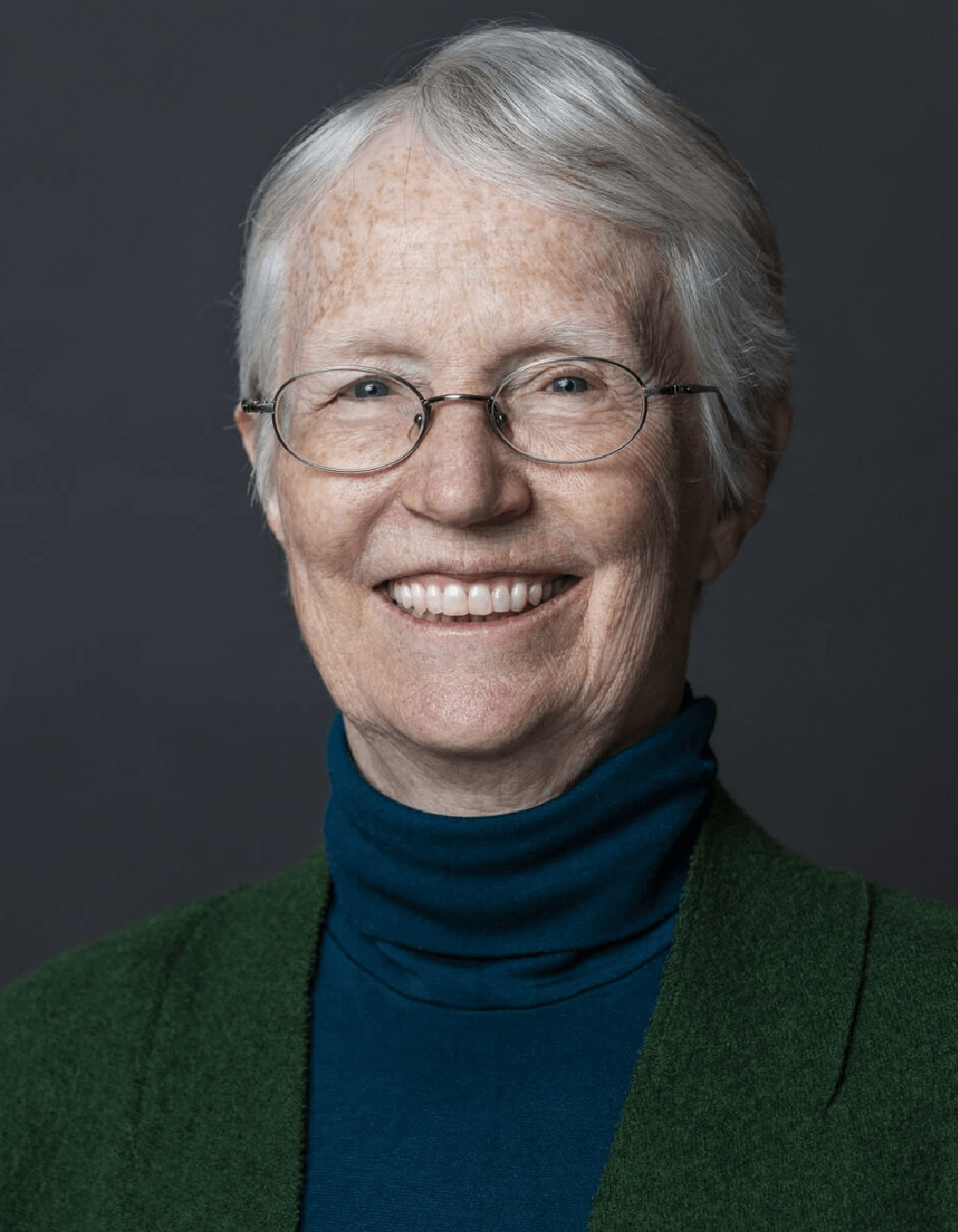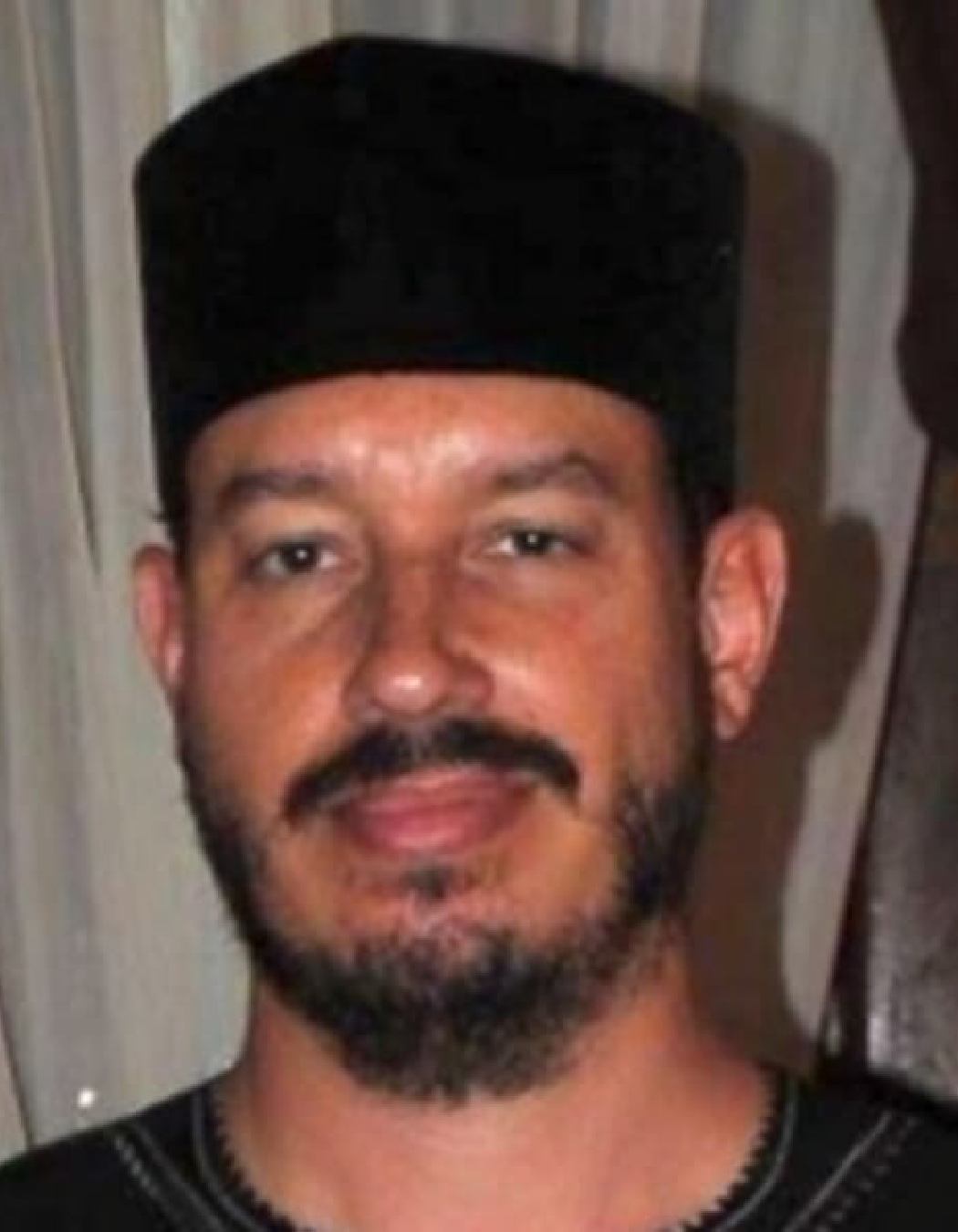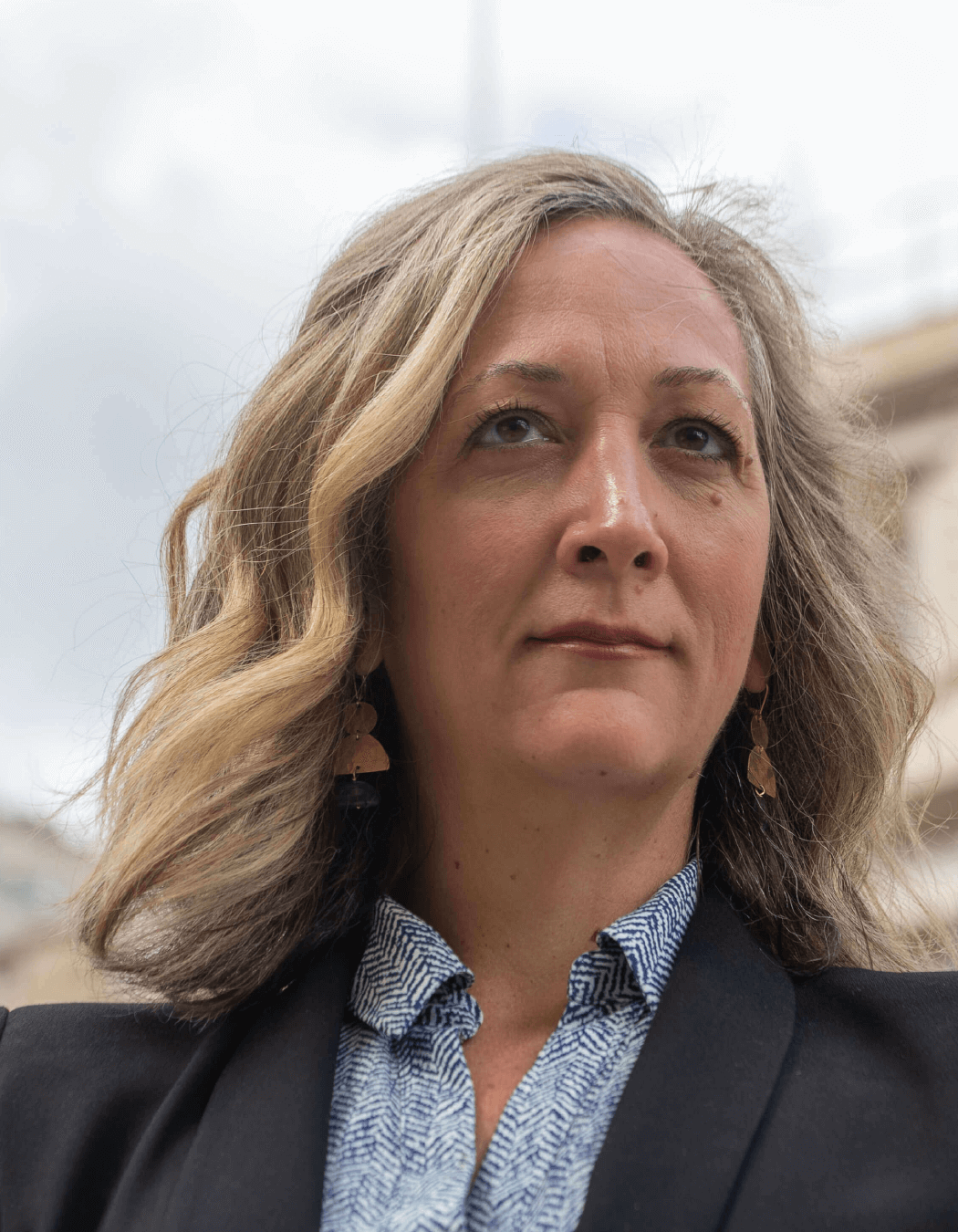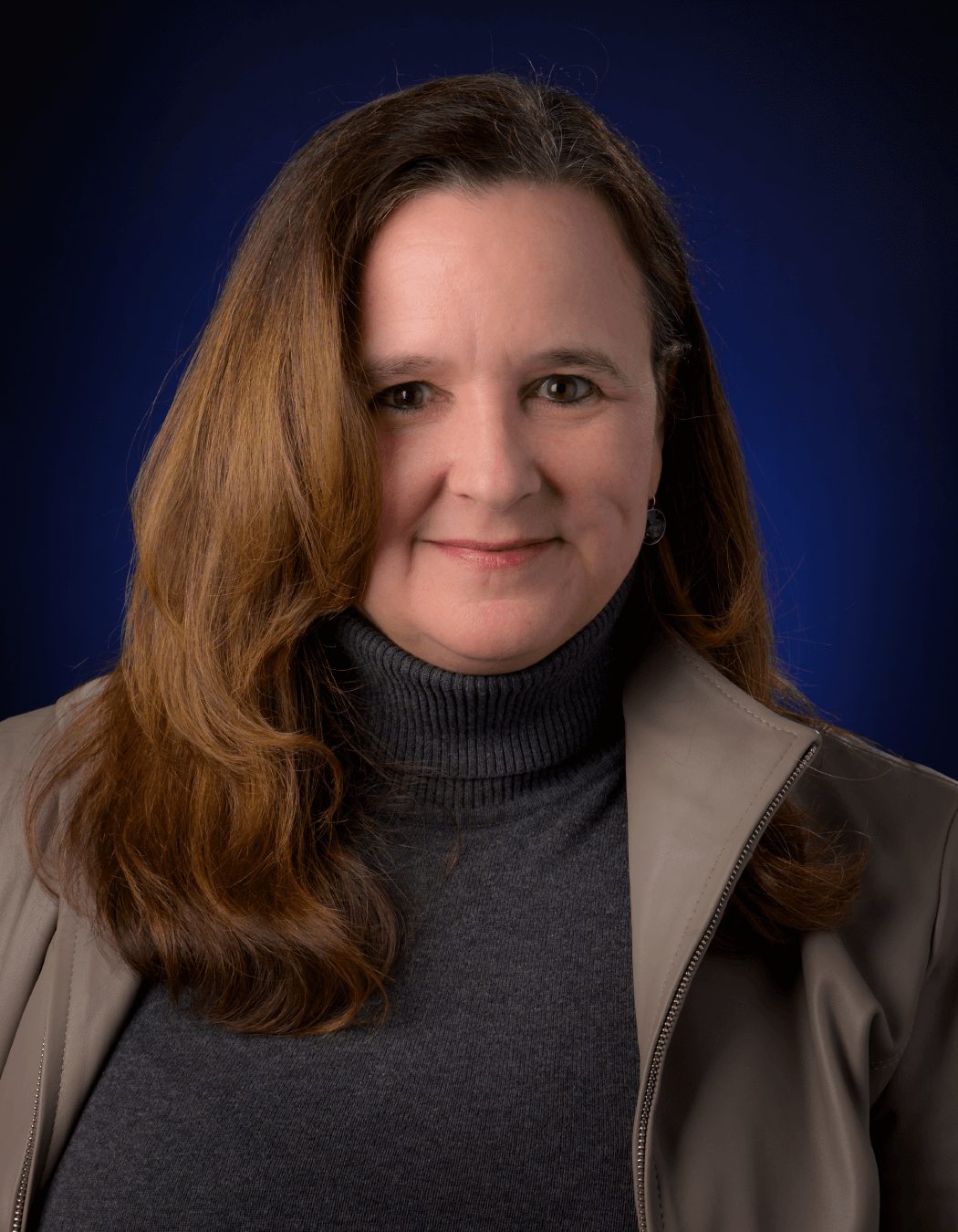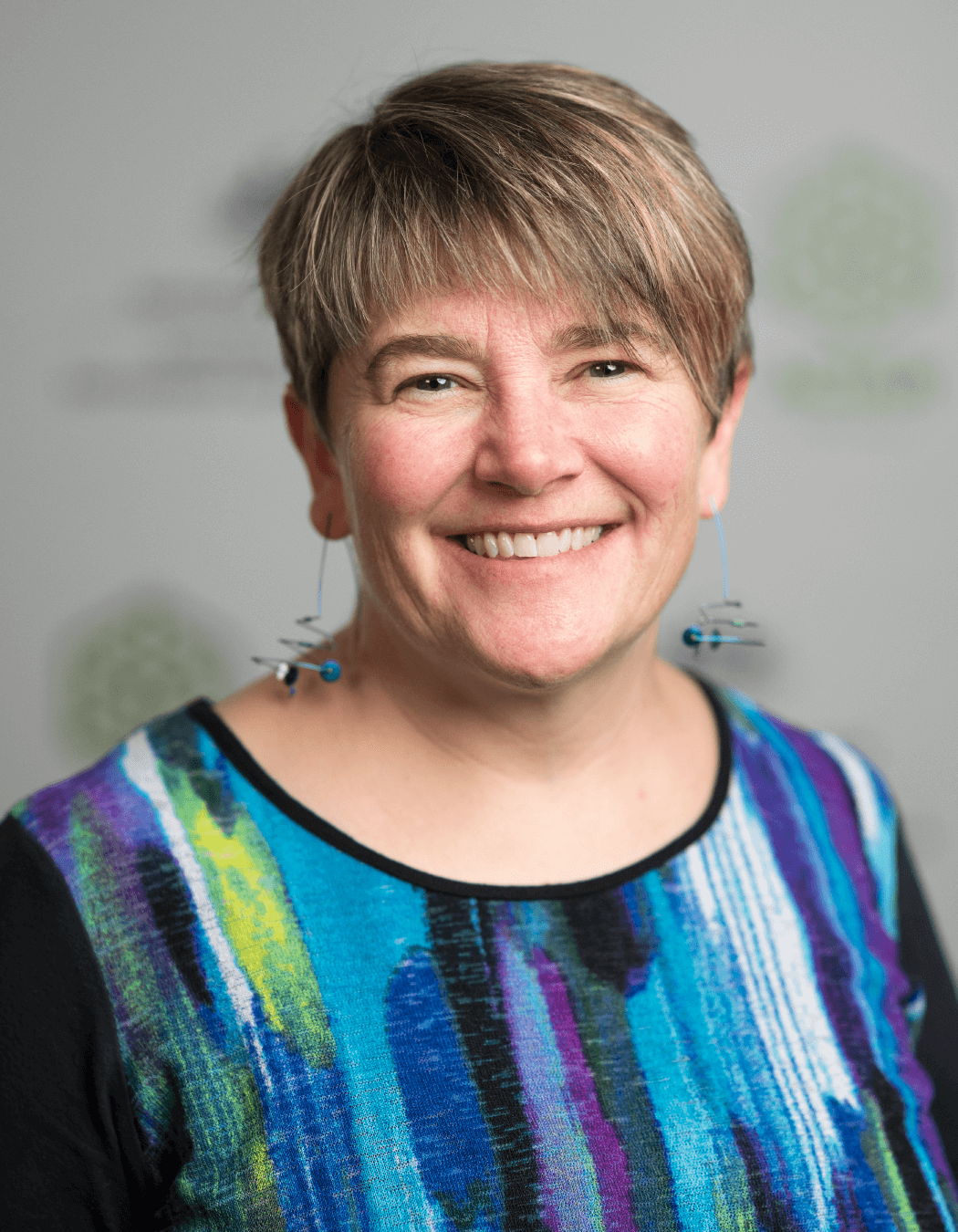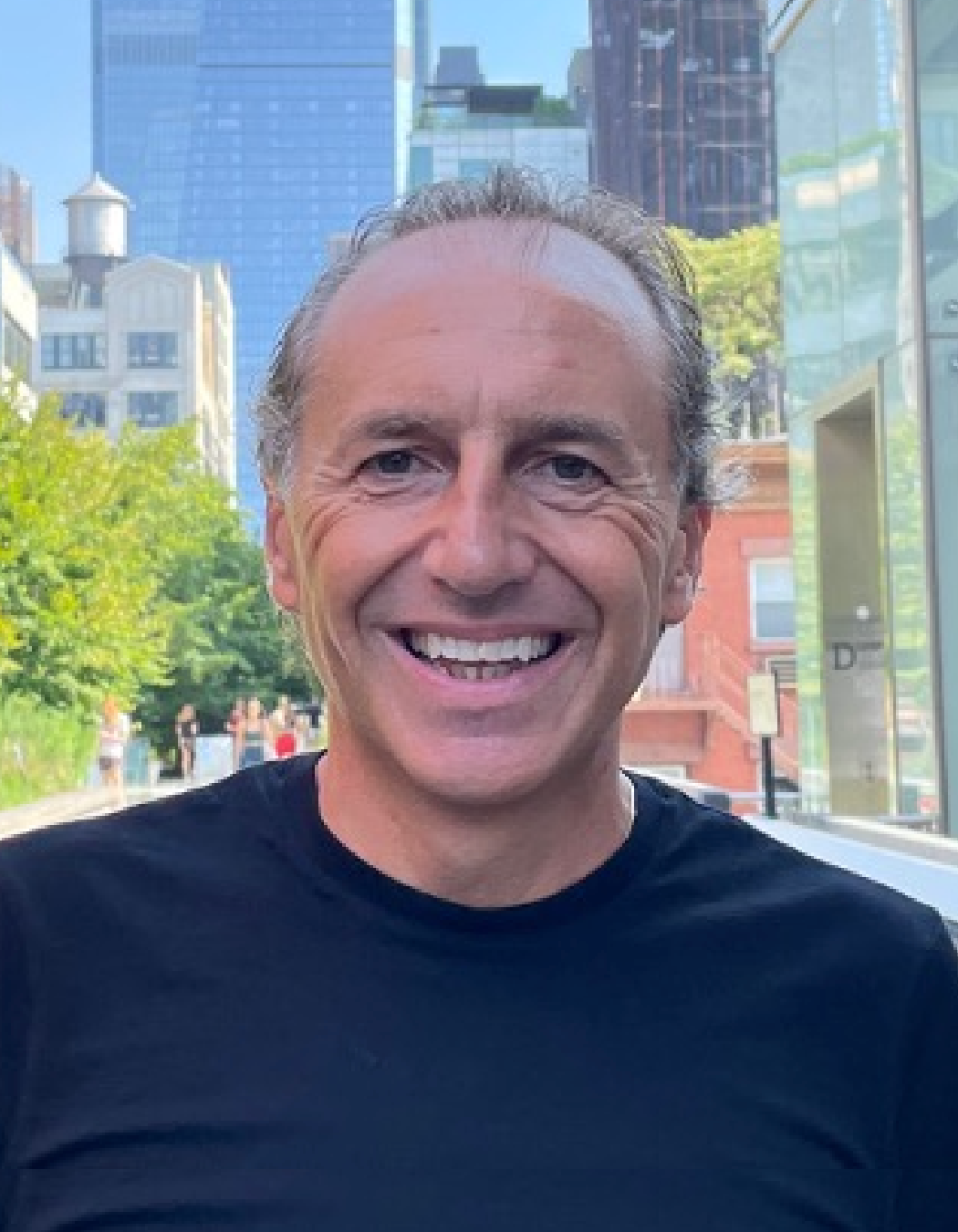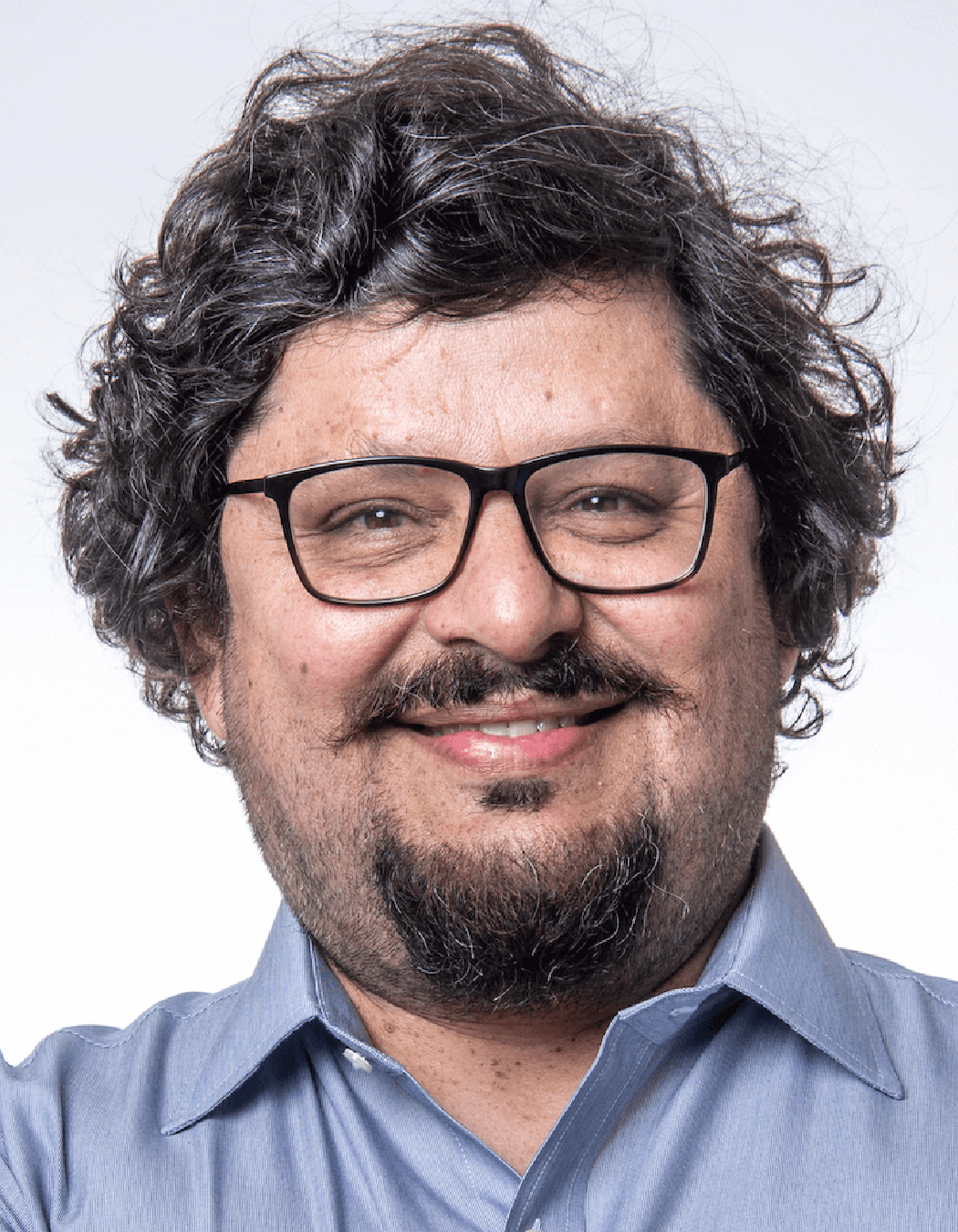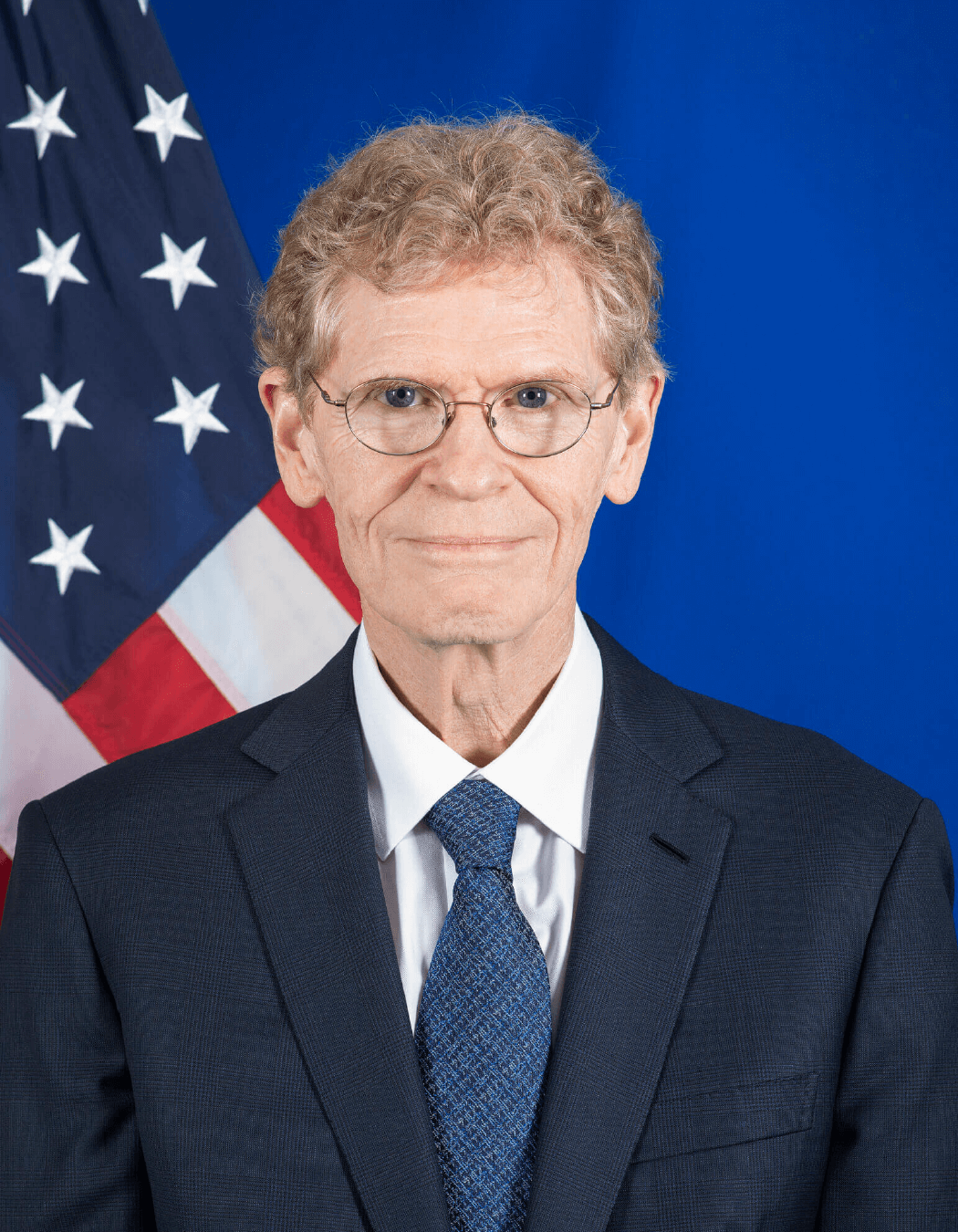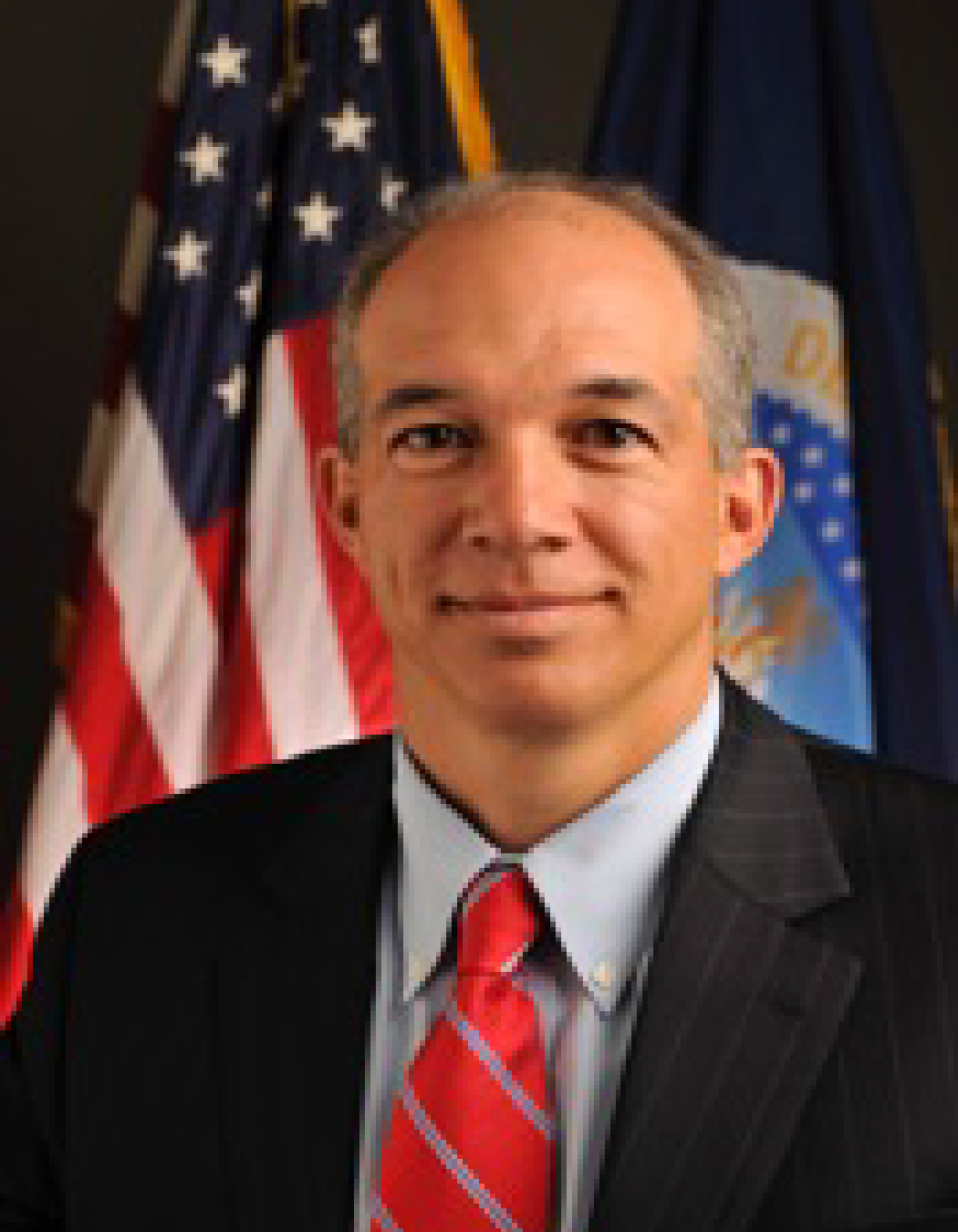AgMIP9 Keynote Speakers
Jessica Fanzo, Ph.D. is a Professor of Climate and the Director of the Food for Humanity Initiative at Columbia University’s Climate School in New York City. She also serves as the Interim Director for the International Research Institute for Climate and Society, also known as IRI. Prior to coming to Columbia, she held positions at Johns Hopkins University, the Food and Agriculture Organization of the United Nations (UN), the UN World Food Programme, Bioversity International, the Earth Institute, the Millennium Development Goal Centre at the World Agroforestry Center in Kenya, and the Doris Duke Charitable Foundation. She has participated in various collective endeavors, including the Food Systems Economic Commission, the Global Panel of Agriculture and Food Systems for Nutrition Foresight 2.0 report, the Lancet Commission on Anaemia, and the EAT-Lancet Commissions 1 and now 2. She was also the Co-Chair of the Global Nutrition Report and Team Leader for the UN High-Level Panel of Experts on Food Systems and Nutrition. She currently leads the development of the Food Systems Dashboard and the Food Systems Countdown to 2030 Initiative in collaboration with the Global Alliance of Improved Nutrition.
She released Food Forward NYC, the city’s first-ever 10-year food policy plan, which lays out a comprehensive policy framework to reach a more equitable, sustainable, and healthy food system by 2030. She leads the City’s Good Food Purchasing commitments, focused on increasing access to healthy, sustainable foods for the over 230 million meals and snacks served daily by City agencies, from public schools to senior centers. Through this work, information about the city’s food procurements is publicly available using a dashboard that uses metrics to track agency level progress, including the City’s commitment to decrease the carbon footprint of its food purchases 33% by 2030.
She led the city’s interagency COVID-19 food response to ensure that no New Yorker experiences hunger due to the pandemic. She also oversaw the development of Groceries to Go, the City’s first nutrition security program that provides New Yorkers with an online electronic voucher to buy healthy foods from local businesses.
Kate is a recognized leader with over two decades of experience building food security and broader anti-poverty solutions in New York City and nationally. She comes to the Mayor’s Office after nearly two decades in non-profit and academia.
Kate holds a master’s degree in Public Health Nutrition from Columbia University and a bachelor’s degree in Nutritional Sciences from Cornell University. She is also a registered dietician.
Dr. Karen St. Germain is the Division Director of the Earth Science Division, in the Science Mission Directorate at the National Aeronautics and Space Administration (NASA). She provides executive leadership, strategic direction, and overall management for the agency’s Earth Science portfolio, including a fleet of 25 satellites that are currently viewing our home planet from space. Her program also includes technology development, development of the next generation of Earth-observing satellites, and a robust research and applications program to understand how land, ocean, atmosphere, and cryosphere systems work and interact.
Dr. St. Germain came to NASA from the NOAA Satellite and Information Service, where she
served as the Deputy Assistant Administrator, Systems (DAAS), with responsibility for leading the development of the nation’s operational weather satellite systems. From 2011 to 2016, Dr. St. Germain served in the Space, Strategic and Intelligence Systems (SSI) Office, Office of the Under Secretary of Defense for Acquisition, Technology and Logistics (OUSD AT&L), where she managed a broad portfolio of defense and intelligence satellite programs.
Dr. St. Germain is a leader in enterprise-level planning and multi-organizational space programs of national significance. She is also an expert in major satellite systems development, with particular proficiency in transitioning new technology into operational systems.
Dr. St. Germain had a successful research career at the University of Massachusetts, the
University of Nebraska, and the Naval Research Laboratory. She has performed research aboard ice-breakers in the Arctic and Antarctic, flown through hurricanes and tropical storms on NOAA’s P-3 airplanes and measured glacial ice on a snowmobile traverse of the Greenland ice sheet.
Dr. St. Germain holds a Bachelor of Science degree in electrical engineering from Union College (1987) and a Doctor of Philosophy degree in Electrical Engineering from the University of Massachusetts (1993). She is also a Distinguished Graduate of the National War College, National Defense University where she earned a Master of Science degree in National Security Strategy in 2013.
Dr. Veronica Doerr leads the Climate Change Program at the Australian Centre for International Agricultural Research. She brokers and funds research-in-development partnerships between Australians and agriculture and livelihood professionals in countries across the Indo-Pacific, seeking to benefit smaller-scale producers in developing countries. She is committed to research that makes a real difference in the world. She believes this depends not just on producing quality evidence but also on shifting the social and institutional decision-making contexts in which people act. As a result, Veronica has specialised in integrating social and biophysical sciences, social change practice, and systems science – applying them to a range of sustainability challenges. She has focused on climate adaptation and mitigation for the last 13 years, leading major national adaptation initiatives within Australia and extending her expertise internationally.
Bruno Basso is John A. Hannah Distinguished Professor and MSU Foundation Professor of Earth and Environmental Sciences at Michigan State University. He is an internationally renowned agroecosystem scientist and crop systems modeler with interest in long-term sustainability of agricultural systems, digital agriculture, circular bioeconomy. His research focuses on assessing and modeling spatial and temporal variability of crop yield, soil organic carbon, GHG emission, water, and nutrients fluxes across agricultural landscapes under current and future climates.
He holds global patents on AI, remote sensing, and crop model systems to evaluate cropland productivity and environmental sustainability.
He is a Fellow of the American Association for the Advancement of Science (AAAS); Soil Science Society of America (SSSA); American Society of Agronomy (ASA). He is the recipient of the 2021 Morgan Stanley Sustainability Solution Prize Collaborative; 2019 Outstanding Faculty Award at Michigan State University; 2016 Recipient of the Innovation of the Year Award from Michigan State.
He serves as member of the Board of Agriculture and Natural Resources of the US National Academies of Sciences, Engineering and Medicine (NASEM). He is a member of the Biological and Environmental Research Advisory Committee (BERAC), Department of Energy, Office of Science.
Dr. Fowler is the former Executive Director of the Global Crop Diversity Trust, an international organization cosponsored by Food and Agriculture Organization of the UN (FAO) and the Consultative Group on International Agricultural Research (CGIAR). Prior to leading the Crop Trust, he was a Professor at the Norwegian University of Life Sciences, and a senior staff member of Bioversity International. Earlier, he oversaw the UN’s first global assessment of the State of the World’s Plant Genetic Resources. He was responsible for drafting and negotiating the first FAO Global Plan of Action on the Conservation and Sustainable Utilization of Plant Genetic Resources, formally adopted by 150 countries in 1996. Following this, Dr. Fowler twice served as Special Assistant to the Secretary General of the World Food Summit and represented the CGIAR in the multi-year negotiations on the International Treaty on Plant Genetic Resources. In 2015, Dr. Fowler was appointed to the Board for International Food and Agricultural Development by President Obama. He is a former board member of the International Maize and Wheat Improvement Center, and former chair of the Livestock Conservancy.
Dr. Fowler has been recognized with several honorary doctorates and many awards including the Thomas Jefferson Award for Citizen Leadership, the Heinz Award, the Meyer Medal from the Crop Science Society of America, the Wm. Brown Award from the Missouri Botanical Garden, and the Proctor Medal from the Garden Clubs of America. He has been profiled by The New Yorker, on CBS 60 Minutes, CBS Sunday Morning and other media, and is the subject of the documentary film, Seeds of Life.
Born and raised in Tennessee, Cary Fowler served as the Chair of the Board of Trustees of Rhodes College in Memphis. He earned a B.A. with honors from Simon Fraser University in Canada, and his Ph.D. from Uppsala University in Sweden.
William Hohenstein is the Director of USDA’s Office of Energy and Environmental Policy, within the Office of the Chief Economist. The Office of Energy and Environmental Policy (OEEP) coordinates policy analysis, long-range planning, research priority setting, and response strategies for addressing energy development and environmental policy. OEEP houses the Climate Change Program Office (CCPO); the Office of Energy Policy and New Uses (OEPNU), the Office of Environmental Markets (OEM). The Office manages the Department’s Greenhouse Gas Inventory and Assessment Program. Mr. Hohenstein co-chairs the USDA Climate Hubs Executive Committee. OEEP coordinates the Department’s efforts to address the causes and consequences of climate change and focuses on efforts to enhance USDA’s ability to evaluate renewable energy and resources, build climate resilient and sustainable farms, ranches, rural lands and rural communities, expand markets for conservation and environmental goods, and support farmer conservation decision-making.

